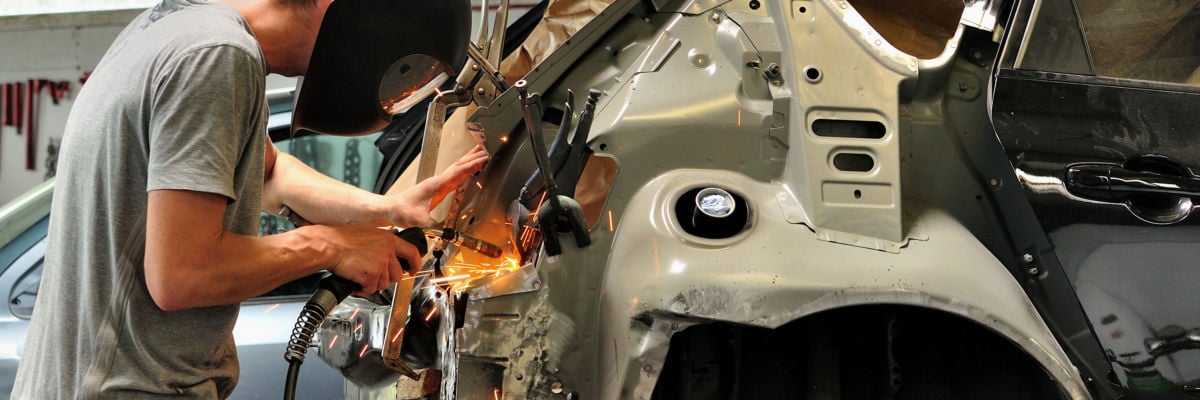
Not too long ago, I published a piece in the Catholic Herald on the reform effort—such as it is—in the Church. I was frustrated with the experience of leadership’s entrenched institutional and operational opacity. I still am. Leaders’ persistent failure even to appear to care about putting up a halfway credible show of concern for transparency exasperated me. It still does. I wondered aloud—not for the first time—whether legal reforms in the Vatican and at the highest levels of Church government are designed not to work.
Reform is necessary—the great reformers are gifts from heaven—but even their successful efforts cannot get us heaven on earth. That’s no reason not to be about the work of reform, though. In fact, it is the source of the task’s urgency.
Ecclesia semper reformanda is the pretty-sounding Latin phrase we use to describe the Church as always in need of reform. It means the Church is more like an old relic of a machine that needs to keep working and can’t be kept in working order for more than a few hours at a time. You need it for a job, so you can’t have it up on blocks or sitting on hydraulic ramp lifts all day. Old mechanics and machinists would love to have it for a few weeks or even a couple of months to study and tinker and figure it out and replace all the parts that need it and refurbish the ones that can take it and maybe tweak the design so it doesn’t break down again—not as it did the last time or two—but you have an order to fill, and you need the machine to fill it.
When it comes to Church reform, in other words, the practically achievable “good” is closer to “good enough” than it is to “mint” or “excellent” or even “very good” condition.
Is real reform even possible? If so, what does successful reform look like?
Those are reasonable questions, which happen to admit of valid—even if not entirely satisfactory—answers.
Church reform is possible. We know it is possible, because it has happened. Because it has happened, we know what Church reform looks like.
But here’s where the gloss begins to come off the business. You’re not going to like what it looks like. It looks like bishops residing in the jurisdictions they govern.
Not many folks realize it today, but for hundreds of years before the Council of Trent, bishops frequently did not live in their dioceses. Church jurisdictions were sees-in-gift, which princes used to placate rivals, shore up alliances, take care of relatives, and frequently just make sure they had a friend in the job. The state of affairs was one of Luther’s (and other reformers’) chief complaints.
The Council of Trent worked on changing Church law so that it required bishops to be resident in their dioceses. Trent took maybe a half-century to call—there were lots of half-hearted, half-baked, and more desultory attempts at Church reform in the bottom of the fifteenth century and into the top of the sixteenth—then almost eighteen years to conclude, and then it took another century and a half to get the paper reforms requiring bishops to live where they nominally ruled to stick, but bishops eventually did begin sticking to their sees as a matter of course.
The problem didn’t disappear entirely. Today, Pope Francis complains about “airport bishops,” and rightly so. In the main, however, people take it for granted that their bishops live somewhere inside their jurisdiction. Reform happened—it didn’t just happen, but it happened—and bishops mostly living in their dioceses is what reform looks like.
In short, there is no golden age just over the horizon—not in either direction—no better age to which we can return and nothing close to perfect in the future. That’s not to say reform isn’t worth the trouble. The point is that we’re never really done working, but also that we never really begin.
The hope of heaven is real and true—we know this with a hope that cannot disappoint—but as long as we’re on this side of the celestial Jerusalem, our business is muddling. It’s a truth of pilgrim life—institutional and personal—and there’s more than a little comfort to be had in that view of the matter.
On the other hand, it’s also a lot like the view of the guy whose car is always in the shop. It’s fine if he’s a tinkering collector. If he relies on his vehicle for his daily bread, it’s another story.
The Church Militant was a favorite image of Catholic progress in ages past. Militancy means marching and bivouacking and campfire cooking, and all of that means lots of mud and lots that’s worse than mud. The pilgrim Church is another old image, recently returned to vogue. Pilgrimage is muddy business, too. Until very recently, if you were on a soldier’s campaign or a pilgrim’s path, you were more likely to die of disease or starvation or exposure or by a cutthroat bandit’s dagger than by an enemy’s arms or of old age.
There will always be bandits on the road, and there will always be cutthroats in the camps, and there will always be disease abroad in the world, and anyone who tells you different is a fool or worse.
We have a right to expect our leaders not to be bandits and cutthroats, not to be in cahoots with them who are. We have a right to know what they’re doing—really doing—to keep us safe as can be while we’re under the colors or underway. We have a right to know when their recklessness, negligence, or downright stupidity endangers us needlessly. We have a right to clean camps—in the old days, that meant laundries and latrines (but you might be amazed at how long those were in coming)—and hostels and hospitals served by competent staff and subject to reasonable inspection.
It’s dangerous enough out there already. That’s no reason not to be on the march. It also gives us every reason we need to get cracking on reform. Only we need to know what kind of work we’re in for, and what we can reasonably expect from the “best case” result of our efforts.



